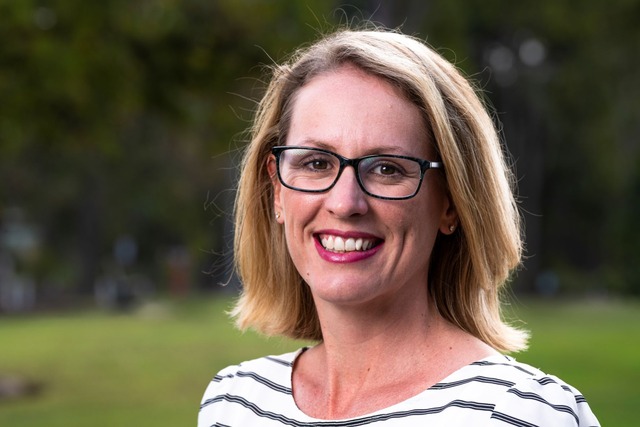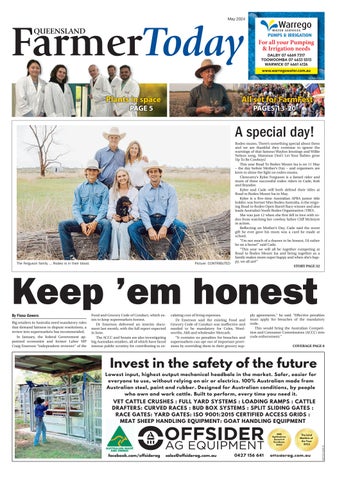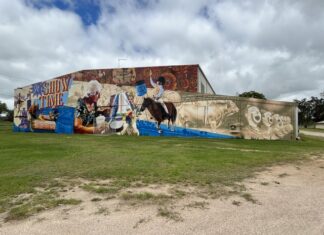A program to support parents of young sporting participants is going national after the Queensland pilot improved parents’ sidelines behaviour and connection to their kids.
And CQUniversity researchers want more parents to participate in a new sporting families study.
Parents of junior rugby league players have found a unique program promoting positive behaviours on sidelines of their kids’ sport is also making a difference to their parenting at home.
The Play Well Triple P program, developed by CQUniversity and University of Queensland with the National Rugby League and Queensland Rugby League, helps ensure children better enjoy and value their participation in the sport.
Offered to junior rugby league parents across the 2021 and 2022 seasons, it’s now set to go national, as the NRL rolls out its interactive online and text message education and support to competitions across Australia.
Program co-developer and CQUniversity Psychology head of course Dr Cassy Dittman has published findings about the program impacts and found clear shifts in how parents approached family sport.
“It was rewarding to see parents report increased positive behaviours and to consciously reduce controlling sports behaviours,” she said.
“Because it’s often those behaviours that create conflict in families and prompt kids to drop out of sport.
“There was also evidence that parents were applying what they were learning in the sports context to their home, with a trend towards a reduction in over-reactive parenting.”
The text messages were personalised and linked to goals that parents had set for their own behaviour in the online program to support their children in sport and engage as helpful and positive spectators of their child’s games.
Dr Dittman said the program’s principles of staying positive on sporting sidelines would be relevant to all parents.
“Although Play Well Triple P was developed as an intervention for junior rugby league, our promising findings from the study show a similar approach could be applied to other team and individual sports, where governing bodies want to support parents and children to engage positively,” she said.
James Hinchey is general manager, Game Development and Education at the NRL, and said the success of the program had been recognised nationally.
“The importance of a program such as Play Well Triple P has been underscored by the Australian Sports Commission, as one of the successful initiatives to receive funding under the Play Well Participation Grant Program,” he said.
“The funding will support Play Well Triple P expanding delivery throughout Queensland, Victoria, Northern Territory, South Australia and Western Australian leagues.
“The NRL is excited to have partnered with Triple P on this groundbreaking program and we’re looking forward to the positive impacts the program will have in the sport and for families who form the rugby league community.”
The study featured 101 parents who participated in the program, with ages ranging from 25 to 56 years, both mothers and fathers, from a range of cultural backgrounds.
Dr Dittman said the program offered parents practical ways to think about:
How to take the focus off winning and identify aspects of their child’s performance, mindset or effort on the field that they can praise and encourage.
The best time and way to debrief on a game and its outcome – not straight after the game when the child is probably exhausted, hungry and emotional.
How to act as positive role models when passages of play, referee decisions or game outcomes do not go in the child or their team’s favour.
How to show respect and appreciation for a child’s teammates, coaches, referees and opposition players and find things to compliment for participants other than their own child.
Dr Dittman is extending this work into other junior sports and is looking to hear from Australian parents of a child or children who play sport, aged between eight to 18 years old.
Share your experiences in this anonymous online research survey of parents’ sporting beliefs, behaviours and involvement.
* Please visit cqu.edu.au









